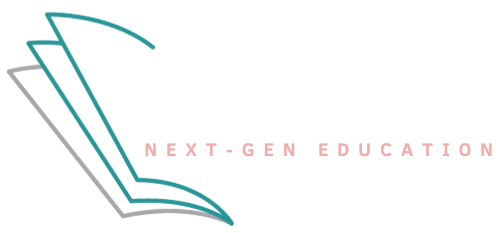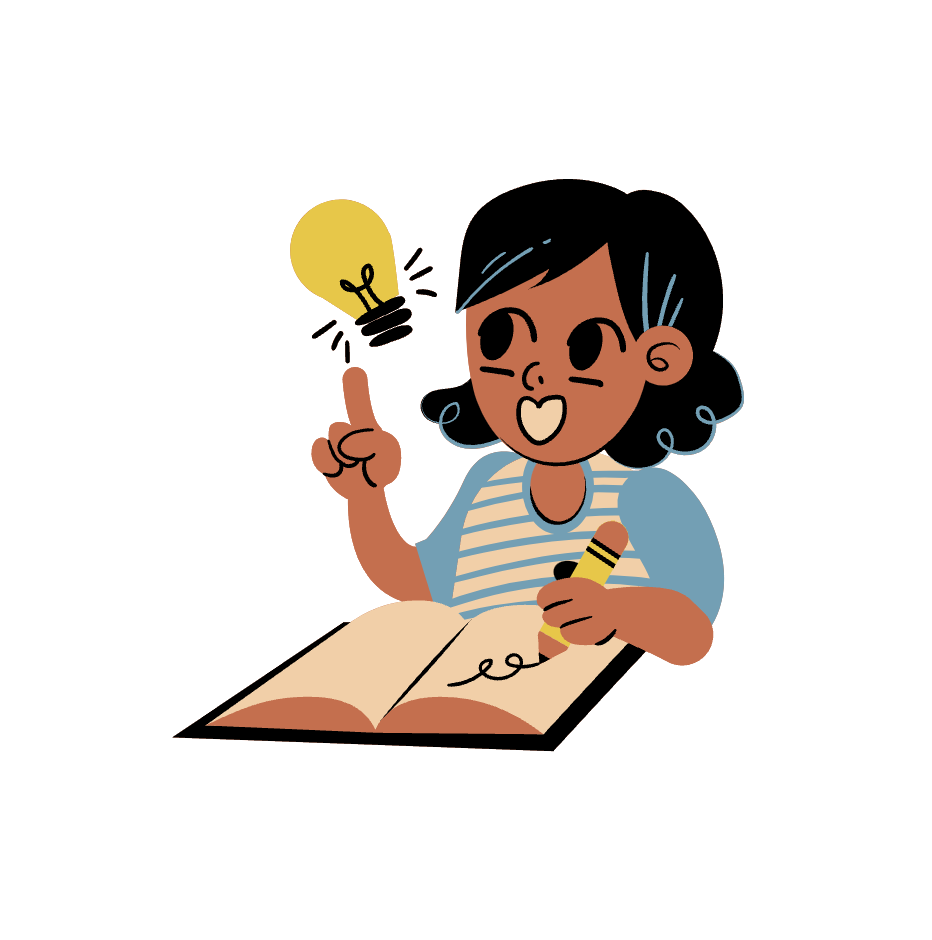In today's world, with the vast amount of information available, and the increasing demands on our time, it's essential to optimize our learning process to make it stress-free. Identifying the most suitable study technique and sticking to it would help us achieve our learning goals in a time-effective manner. Also, it will lead to better retention, improved comprehension, and ultimately, better results.
Different Study Methods
1. Visual Learning
This involves using visual aids such as diagrams and charts, mind maps, flashcards, color coding notes, videos and animations to help retain and organize information.
2. Auditory Learning
This method involves the use of techniques like recording lectures and listening to them repeatedly, participating in group discussions and study sessions, reading materials aloud, using mnemonic devices/rhymes and listening to audiobooks or podcasts.
3. Kinesthetic Learning
This study approach includes physical movement and hands-on activities, such as taking handwritten notes, building models/prototypes, role-playing/acting out concepts, using physical objects for learning and pacing or moving while studying
4. Reading and Writing
Some students learn best by reading textbooks, articles, and notes, rewriting notes/summarizing and maintaining study journals.
Identifying the Best Method
Attempting to use all these methods will lead to burnout and it will not be effective. Also, using a particular method just because you feel like it is the suitable method for you is also biased. To determine the most effective study method for you, it's essential to understand your learning preferences and cognitive strengths. Several self-assessment tools are available to help you identify your suitable learning style.
VARK (Visual, Auditory, Read/Write, Kinesthetic) method is the most popular among these. This questionnaire, developed by Neil Fleming, helps individuals understand their preferred modes. The free version of this website https://vark-learn.com/the-vark-questionnaire/ gives you your suitable study type based on the VARK questionnaire. You can also check out the book by Neil Fleming here.
This assessment can serve as a starting point, but it's important to remember that individuals often possess a combination of learning styles. Therefore, incorporating other methods into your study routine and experimenting will help you identify what works best for you. Based on that you can develop an optimised study plan tailored for your circumstances. It will be the ideal way to achieve the most effective level of productivity without overwhelming yourself.

